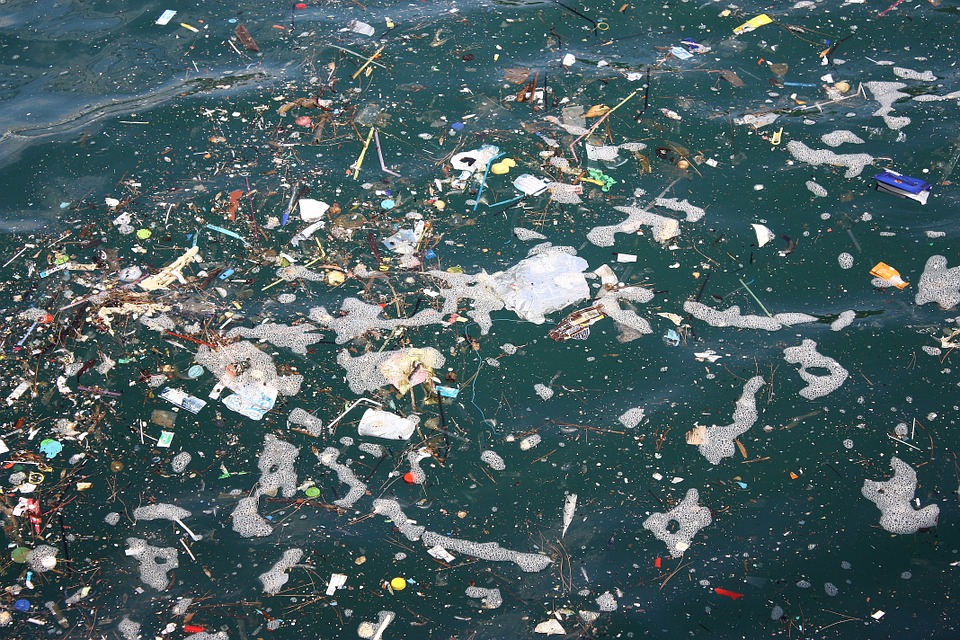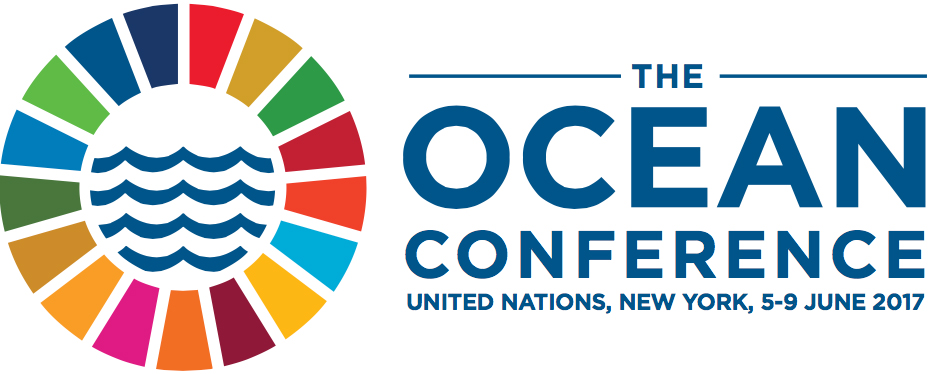By
Tom Arms
There is a growing tendency on the part of the public—and its leaders—to believe what they want to believe. To hear what they want to hear and see what they want to see.
Decision-making based on tried and tested scientific methods have been jettisoned and replaced with policies founded on short-term expediency. Hard decisions have been repeatedly postponed because they are politically unpalatable. Or, alternatively, they have simply been ignored.
Next week there is a dangerous example of this blinkered approach to world problems—the UN conference on the future of the oceans, which, appropriately enough, coincides with World Oceans Day.
There is more water than earth on Earth. Three quarters of our planet’s surface is covered by oceans. Of the estimated 8.7 million plant and animal species, 2.2 million are found under the surface of the water.
The oceans provide roughly 15 percent of the world’s food, and jobs for about 10 percent of the human workforce.
Scientists say that the oceans absorb nine-tenths of the greenhouse gas emissions that are pumped into the air by factories and car exhausts. They play a major role in controlling the weather. Hurricanes form in the South Atlantic and travel to the Caribbean and North Atlantic. The Gulf Stream makes Northern Europe habitable and El Nino affects weather patterns across the globe.
Coral reefs provide vital nitrogen and nutrients for the planet’s food chain. They are spawning grounds for most of the fish we eat and they protect coastlines from damaging wave action and tropical storms. And yet, because of human pollution, it has been estimated that the coral reefs could disappear by 2050.
Because the oceans are vast expanses which stretch beyond the horizon and to unplumbed depths they have been viewed by successive generations either as a limitless resource or an immense dumping ground. For millennia it has been the repository for human sewage, but since the start of the 20th century its role as a huge watery trash can has grown exponentially.
Between 1946 and 1993, 13 countries used the oceans to dump nuclear waste. Barrels filled with radioactive materials are gradually deteriorating and releasing radiation into the oceans.
But that is not all, an estimated 200 million tons of toxic waste are deposited in the world’s oceans every year.
Plastics—toys, tools, bags, clothing– have become one of the worst contaminants. They are easily and quickly ground into tiny pieces by wave action so that they are easily consumed by fish and sea birds. It is estimated that 100,000 sea turtles and sea birds are poisoned each year by plastic materials.
But it is not just the sea animals that suffer. Although plastics are easily ground down they are not biodegradable and they contain dangerous elements such as lead, cadmium and mercury. The fish eat the plastic. The elements enter their blood stream and are deposited in their muscles, fat tissues and organs. Humans eat the fish….
Some marine scientists are now refusing to eat fish.
The pollution of the world’s oceans is so bad and so extensive that even the bottom of the Mariana Trench—the deepest point in the world’s oceans—has been discovered to be covered in human-generated pollutants.
So what is being done about all of the above? Very little. The UN Conference in New York is one of a long string of such talkfests. Since 1988 it has been illegal for ships to dump plastics in the oceans. But it still occurs. Britain on its own dumped 8 million tons of plastic in 2015 alone.
Nothing is done because it is inconvenient to do something. Jobs, profits, dividends and entrenched work practices are based on the false assumption that the oceans are so immense as to be able to accommodate our waste forever. This assumption clearly contradicts the basics of scientific observations. It even contradicts the basics of common sense. Politicians need to assume a leadership role, stand up to special interests, remove the blinkers and use meetings such as the UN conference next week to force through binding international agreements to protect future generations.
Tom Arms is the editor of LookAheadnews.com. Sign up now for the weekly diary of world news events.
LookAhead Radio World Report for week commencing 5 June 2017:
Tom Arms
I am a journalist, entrepreneur and historian with extensive experience in print, web and broadcast journalism. I started as a diplomatic correspondent, wrote several books (The Falklands Crisis, World Elections On File and the Encyclopedia of the Cold War), and then in 1987 started my own business (Future Events News Service, www.fensinformation.com) which over 25 years established itself as the world and UK media’s diary. Our strapline was: “We set the world’s news agenda.” I sold FENS in December 2012 but retained the exclusive broadcast rights to all of FENS data. To exploit these rights I set up LookAhead TV which produces unique programmes which “Broadcasts Tomorrow Today” so that viewers can “Plan to Participate.” LookAhead has appeared regularly on Vox Africa, Radio Tatras International, The Conversation and Voice of Africa Radio.
In addition to being a syndicated broadcaster and columnist on global affairs, Tom is also available for speaking engagements and can be contacted on Twitter, Linkedin and email: [email protected].




No Comments Yet!
You can be first to comment this post!